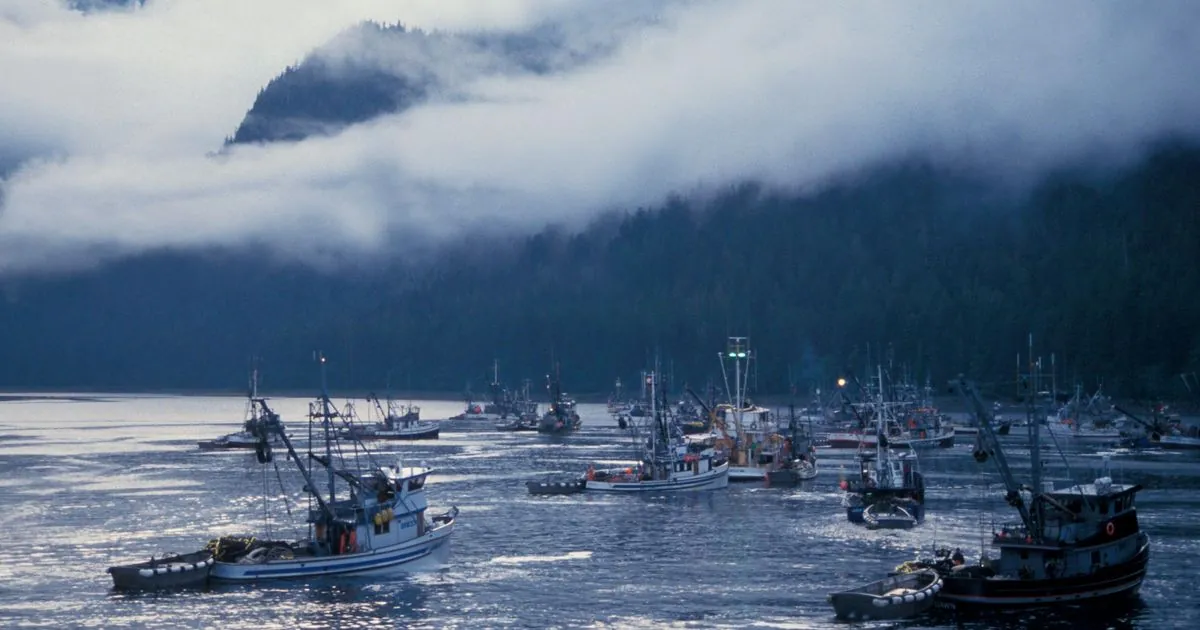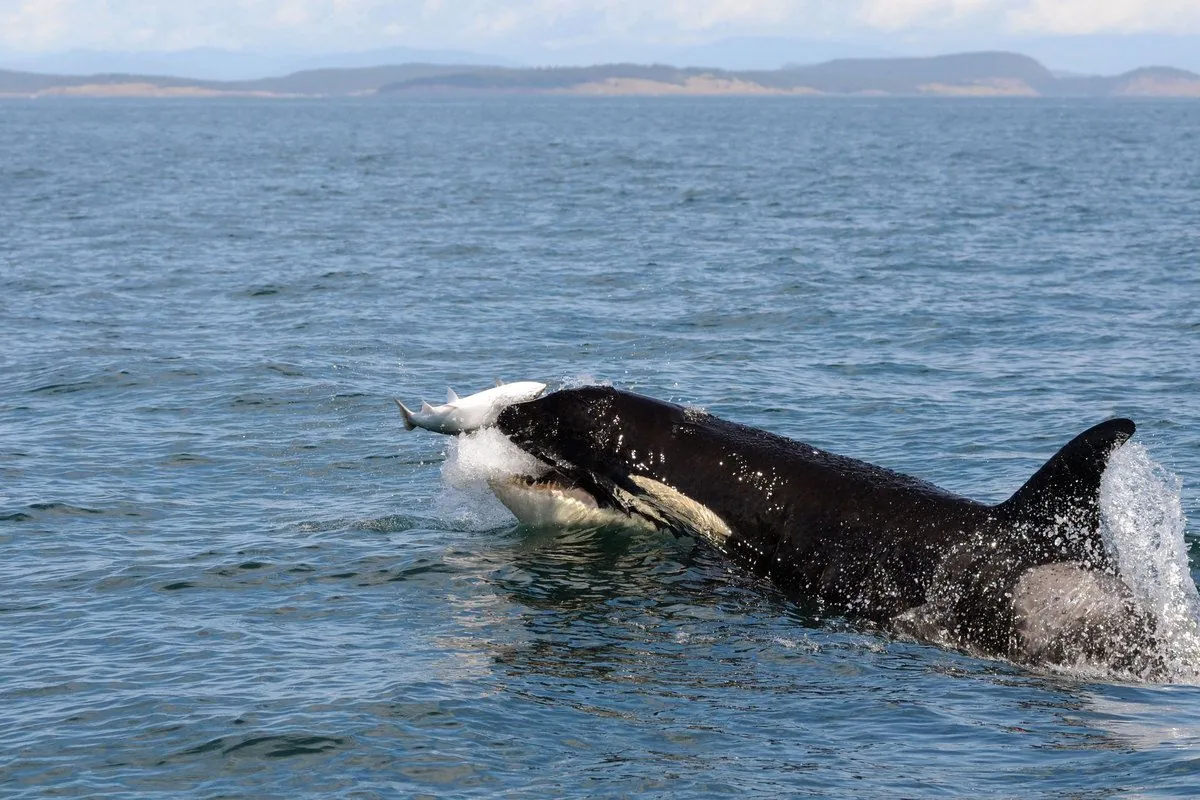Appeals Court Overturns Alaska Salmon Fishery Shutdown Decision
Federal appeals court reverses lower court's decision that would have closed Alaska salmon fishery. Ruling balances environmental concerns with economic impact, highlighting ongoing debate over species protection.

The 9th U.S. Circuit Court of Appeals has overturned a lower court's decision that would have effectively closed an Alaska salmon fishery. This ruling, issued on August 16, 2024, marks a significant development in the ongoing debate between environmental protection and economic interests in the region.
The case centers around the commercial Chinook salmon troll fishery in southeast Alaska, which has been operating under an incidental take statement issued by the National Marine Fisheries Service in 2019. This authorization allows for limited harm to protected species during lawful fishing activities.
In May 2023, U.S. District Judge Richard Jones vacated part of this statement, siding with the Wild Fish Conservancy. The environmental group argued that the fishery violated the Endangered Species Act by inadequately addressing impacts on threatened wild Chinook salmon and endangered southern resident orcas.

However, the appeals court panel, consisting of Judges Milan Smith, Mark Bennett, and Anthony Johnstone, determined that Judge Jones had overstepped by vacating the take statement instead of remanding it for further consideration. They emphasized the potential for severe economic consequences if the fishery were suspended, noting that millions of dollars in losses could be incurred by Alaskan fishermen.
The court's decision highlights the complex interplay between environmental conservation and economic stability. Chinook salmon, the largest Pacific salmon species, play a crucial role in both the ecosystem and the local economy. Similarly, the endangered southern resident orcas, known for their intelligence and complex social structures, depend on these salmon as a primary food source.
"The district court disregarded the likelihood that the take statement would be supported by better reasoning, and readopted, on remand, and erred by overlooking the severe disruptive consequences of vacatur."
This ruling underscores the importance of balancing species protection with the needs of local communities. The commercial fishing industry in southeast Alaska is a significant source of employment and income, contributing substantially to the state's economy.
The court's decision was influenced by the National Marine Fisheries Service's commitment to addressing the identified issues by December 1, 2024. This deadline provides an opportunity for the agency to refine its approach to mitigating the fishery's impact on protected species while maintaining its operations.
As this case demonstrates, the implementation of the Endangered Species Act, passed in 1973, continues to evolve as courts and agencies grapple with complex ecological and economic considerations. The outcome of this legal battle may have far-reaching implications for future conservation efforts and fishery management practices in the region.


































